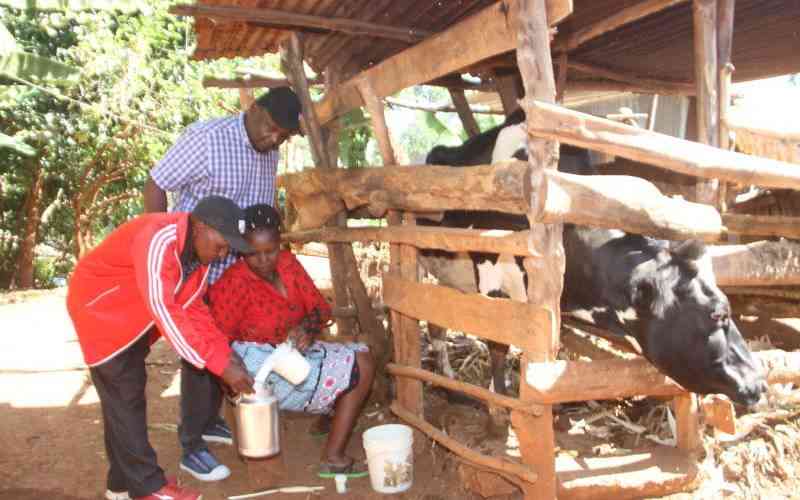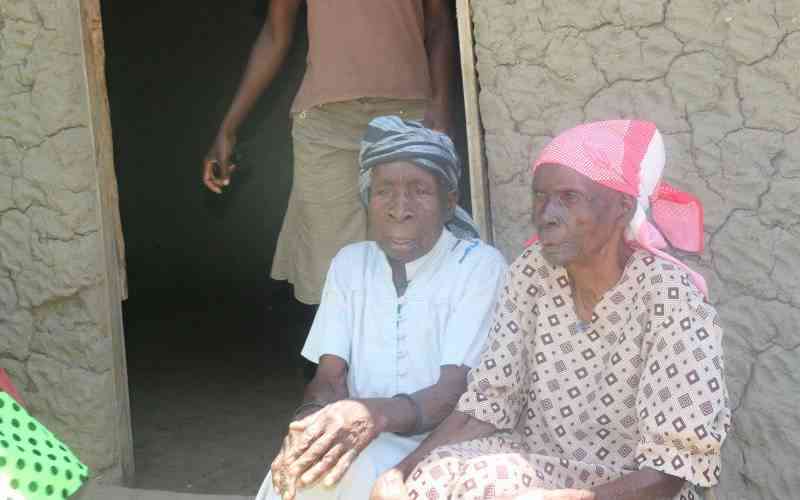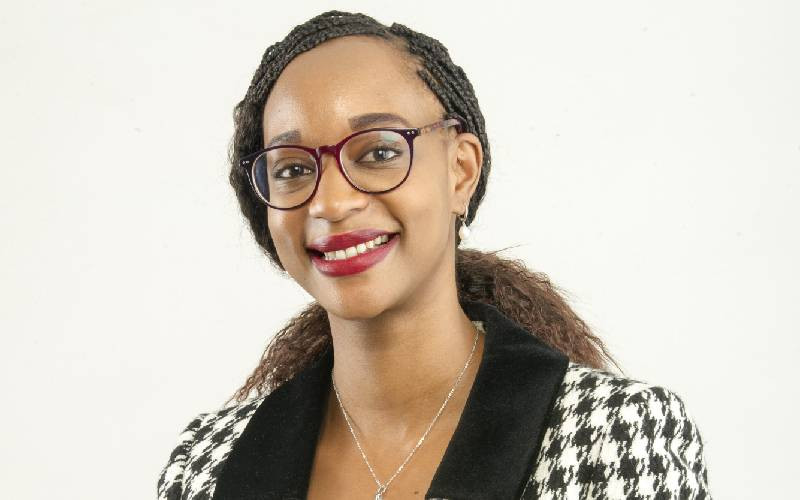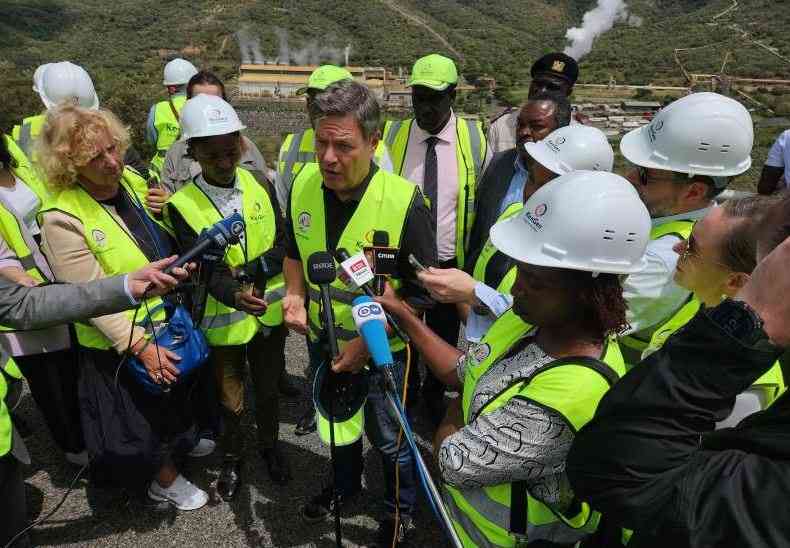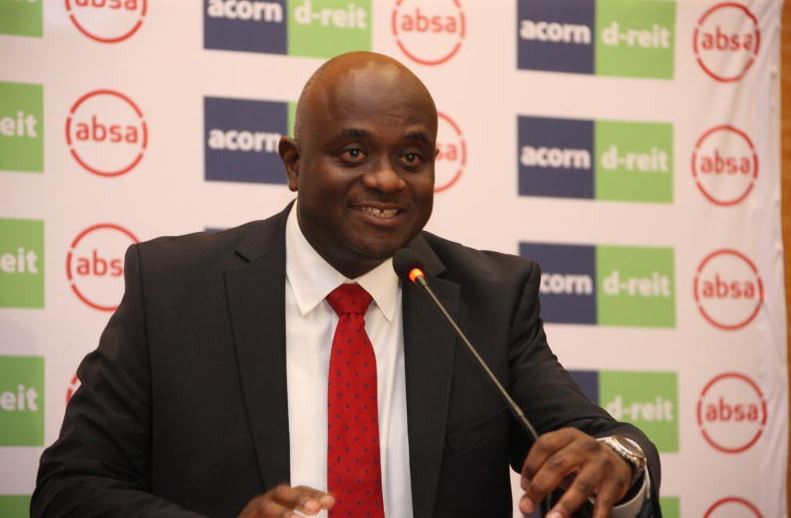Students on their way home after the Ministry of education closed schools to pave way for the 2022 general elections. Nairobi. Aug 5, 2022. [Jonah Onyango, Standard]

Students on their way home after the Ministry of education closed schools to pave way for the 2022 general elections. Nairobi. Aug 5, 2022. [Jonah Onyango, Standard]
One of the wisest decisions I made in recent years was to go back to school and earn a Master’s degree in Business Administration (Strategic Management option). Not because I thought I would discover some groundbreaking economic theory. No. It achieved something subtler, yet more lasting: it sparked a deeper desire in me to understand economics, financial systems, wealth creation, and financial literacy.
Since then, I have read hundreds of books on these subjects. I have listened to thousands of podcasts. Yet, among all the voices I encountered, few have struck me with as much clarity and audacity as Robert Kiyosaki’s. His work, Why the Rich Are Getting Richer, often dismissed as the musings of a capitalist firebrand, is, in fact, quietly revolutionary. He does not offer shortcuts to wealth. Instead, he offers a mindset, a way of seeing the world differently. The book provides a lens through which education, money, and power take on new meaning.
Kiyosaki teaches through stories, and as any literary scholar would tell you, stories are how deep truths are best conveyed. There are two primary traditions of teaching: the Greek way, grounded in reason and logic; and the Biblical way, rooted in stories and parables. Jesus Christ himself taught through stories. So when Kiyosaki invokes stories to explain how money works, he is not being simplistic. He is being profound.
Allow me to bring this reflection home to Kenya. In my humble view, we are becoming a society dominated by “Poor Dad” thinking. Those who have read Rich Dad Poor Dad will understand the metaphor: One father, poor not because he lacked education or intelligence, but because he was trapped in a mindset that saw money as something earned by toil, not something that could be made to work. The other, the “Rich Dad,” understood the power of assets, the logic of investment, and the language of systems.
I think we are creating, through policy and pedagogy, a society of “Poor Dads.” This is not to say that Kenyans are lazy or lacking in creativity. Far from it. We are a nation teeming with ambition and brilliance. But our education system and our tax structure are designed to reward obedience and punish enterprise. We are teaching our young people to seek security, not opportunity.
Our brightest economists, many of them deeply committed public servants, still think from what Kiyosaki would call the E Quadrant: the Employee Mindset. They design fiscal policy from the perspective of salaried workers. That is why the solutions they propose often focus on taxing predictable incomes and redistributing those resources through government programmes.
Let us look at the recent housing levy imposed on salaried workers. On the surface, it appears noble, a tax to build houses for low-income earners. But peel back the rhetoric and you find a troubling truth. We are taxing the poor to help the poor, while the rich, who operate through businesses and investments, are largely untouched.
This is not capitalism. And it is certainly not justice. It is what I may call redistributive socialism disguised as development policy. And history has shown us, time and again, that centrally planned prosperity fails. Well-intentioned socialism often results in economic decay. Why? Because it assumes that governments can manage wealth better than the people who create it.
I think governments should not seek to dominate the economy. Their task is simpler, but more vital, to create an enabling environment, to provide policy stability, to protect private investment, and then, get out of the way. Period. Let the private sector do its job.
Instead of taxing the middle class into oblivion, let us take a more intelligent approach. Give the wealthy incentives to build affordable housing.
Allow private developers to participate, not through coercion, but through encouragement, tax relief, streamlined permits, and investment security. The result will be more homes, more jobs, and a buoyant construction sector.
You see, the rich think differently. They operate in the B and I Quadrants as Business Owners and Investors. Their wealth does not come in the form of salaries. It flows through companies, properties, stocks, and systems. And the tax code treats such income differently. The truly wealthy understand these systems. More importantly, they understand how to navigate them.
Meanwhile, in our classrooms, we are still telling children to study hard so they can get good jobs. Jobs in an economy where employment is shrinking, automation is rising, and taxation is deepening. This is outdated. It is dangerous. So the real problem lies in our education system. We do not teach financial literacy. We do not encourage asset-building, risk-taking, or entrepreneurship. Instead, we produce brilliant minds who know the theories of economics but not its practical logic. We train workers, not wealth creators.
It is time we taught our children financial literacy, not through empty motivational speeches, but through curriculum reform. Financial literacy should not be optional. It must be foundational. Our students must learn about taxes, debt, investment, enterprise, and budgeting, not as abstractions, but as life skills. Until that happens, our national budget will continue to echo the thinking of “Poor Dad” economists.
Stay informed. Subscribe to our newsletter
Let us create a nation where young people are encouraged to own assets, start businesses, and speak the language of capital.
When the middle class thrives, small businesses are established and expand, and investment is rewarded rather than penalised, we will build not only individual wealth but also collective dignity. That is the legacy we owe the next generation.
